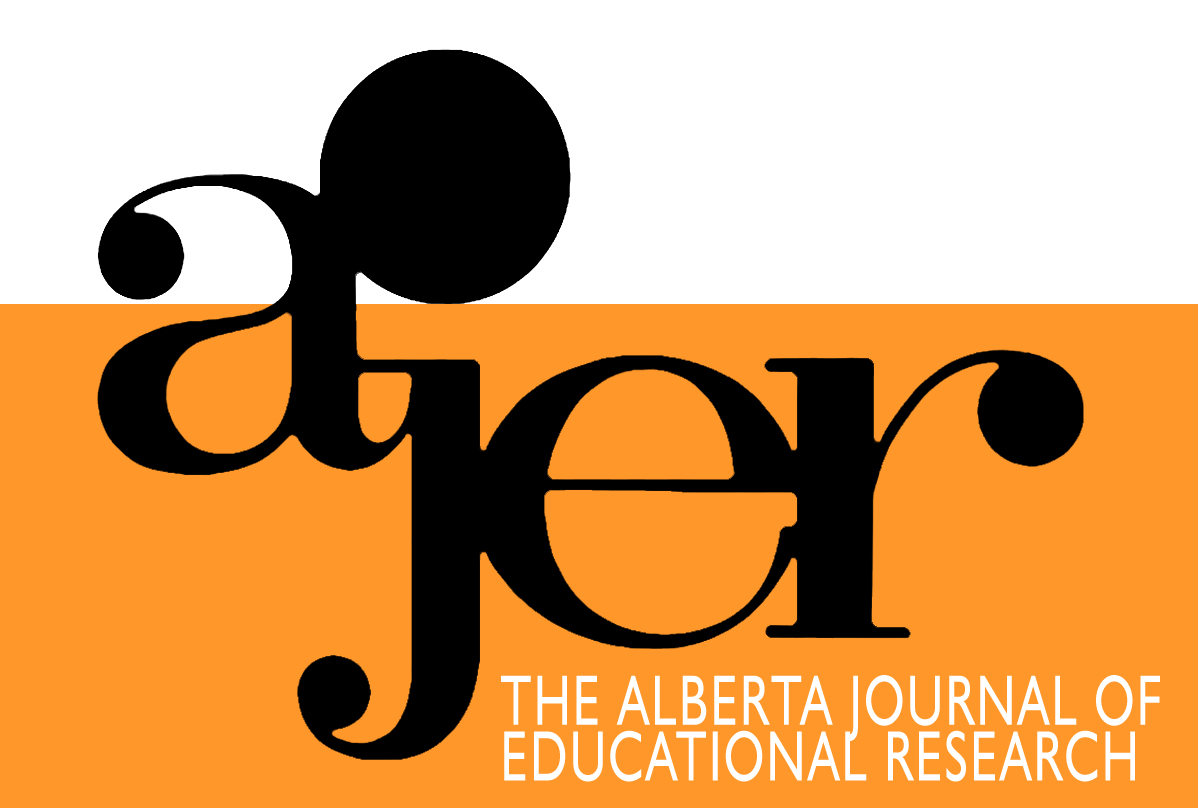“But we’re already doing it”: Ontario Teachers’ Responses to Policies on Religious Inclusion and Accommodation in Public Schools
DOI:
https://doi.org/10.55016/ojs/ajer.v60i1.55760Keywords:
inclusive education, religious accommodation, religion, new institutionalism, educational policy, Mots clés, éducation inclusive, accommodement religieux, Nouvel Institutionnalisme, politiques éducativesAbstract
Examining schools through the theoretical lens of the New Institutionalism, this study uses semi-structured, face-to-face interviews to explore (1) how religious diversity is addressed by teachers in the public school system, and (2) the accommodations that are made for students of diverse faiths. Policies on religious accommodation receive tight coupling with teaching practice due to the tangible nature of requests for religious accommodation and because students’ or parents’ direct requests require immediate attention. This study also finds a strong correlation with the decoupling argument regarding policies on inclusive education. The teachers interviewed interpret what “religious inclusion” means and how it corresponds with their own pre-existing ideas and teaching practice, as they make decisions based on their students’ unique needs.
Adoptant la perspective théorique du Nouvel Institutionnalisme, cette étude examine, par le biais d’entrevues semis-structurées et en personne, des écoles pour mieux connaitre (1) la façon dont les enseignants traitent la diversité religieuse au sein du système scolaire publique et (2) les accommodements fournis aux élèves de diverses croyances religieuses. Il existe un lien serré entre les politiques relatives aux accommodements et la pratique pédagogique, notamment en cause du caractère tangible des demandes pour ce genre d’adaptations, d’une part, et parce que les requêtes directes des élèves ou des parents exigent une attention immédiate, d’autre part. Cette étude a également trouvé une forte corrélation avec l’argument du découplage relativement aux politiques sur l’éducation inclusive. Les enseignants ayant passé les entrevues interprètent le sens de l’expression « inclusion religieuse » et évaluent dans quelle mesure elle correspond à leurs propres idées préconçues et leur pratique pédagogique lorsqu’ils prennent des décisions fondées sur les besoins particuliers de leurs élèves.
Downloads
Published
Issue
Section
License
UNIVERSITY OF ALBERTA COPYRIGHT LICENSE AND PUBLICATION AGREEMENT
If accepted, authors will be asked to sign a copyright agreement with the following points:
A. Where there is any inconsistency between this Copyright License and Publication Agreement and any other document or agreement in relation to the same subject matter, the terms of this Agreement shall govern.
B. This document sets out the rights you are granting in relation to publication of your article, book review, or research note entitled (the “Article”) through inclusion in the academic journal titled Alberta Journal of Educational Research (the “Journal”) published through the Faculty of Education, representing the Governors of the University of Alberta (the “Journal Editor”).
C. There will be no payment to you for this publication and grant of rights. In consideration of the agreement to publish the Article in the Journal:
1. You are warranting that:
- the content of the Article is your original work, and its content does not contain any material infringing the copyright of others; or, where the Article is not entirely your original work, you have obtained all necessary permissions in writing to grant the rights you are giving in this agreement;
- the content of the Article does not contain any material that is defamatory of, or violates the privacy rights of, or discloses the confidential information of, any other person;
- the Article has not been published elsewhere in whole or in part, and you will not allow publication of the Article elsewhere without the consent of the Journal Editor;
- the names of all co-authors and contributors to the Article are:
2. You agree to license the copyright in the Article to the Journal Editor, on a worldwide, perpetual, royalty free basis; and to the extent required by the terms of this agreement. You shall retain the right at all times to be acknowledged as the/an author of the Article.
3. You further agree that the Journal Editor has the entitlement to deal with the Article as the Journal Editor sees fit, and including in the following manner;
- The right to print, publish, market, communicate and distribute the Article and the Journal, in this and any subsequent editions, in all media (including electronic media), in all languages, and in all territories, ing the full term of copyright, and including any form of the Article separated from the Journal, such as in a database, abstract, offprint, translation or otherwise, and to authorize third parties to do so;
- The right to register copyright of the Journal;
- The right to edit the Article, to conform to editorial policy as the Journal Editor sees fit.
4. If any co-author or contributor to the Article does not sign this agreement, the Journal Editor reserves the right to refuse to publish the Article.



